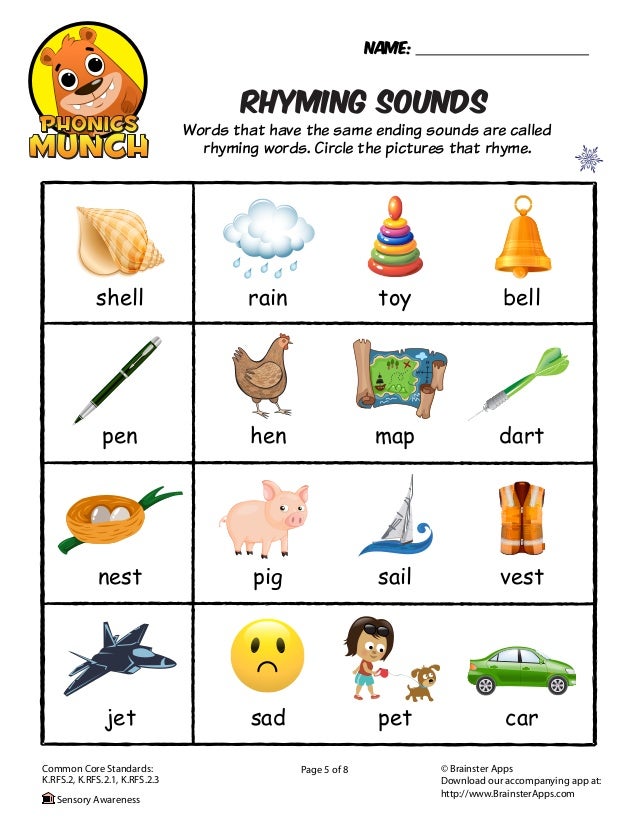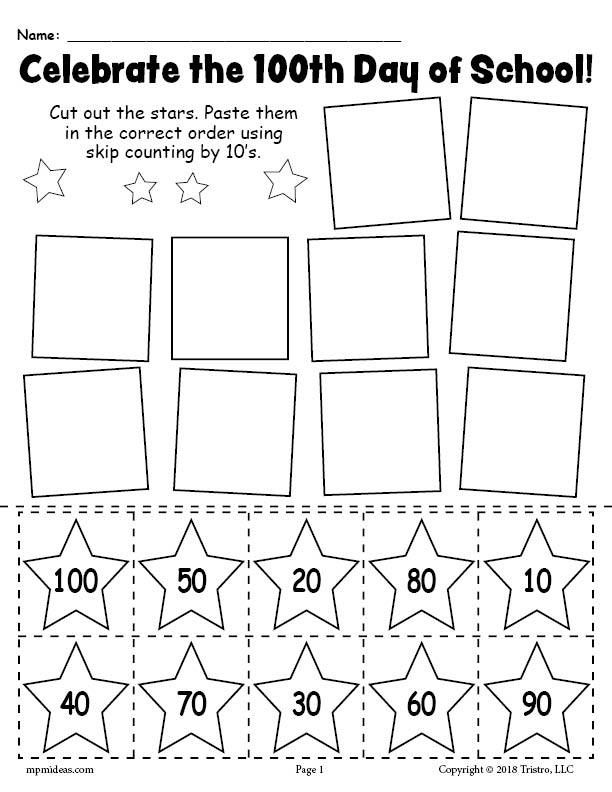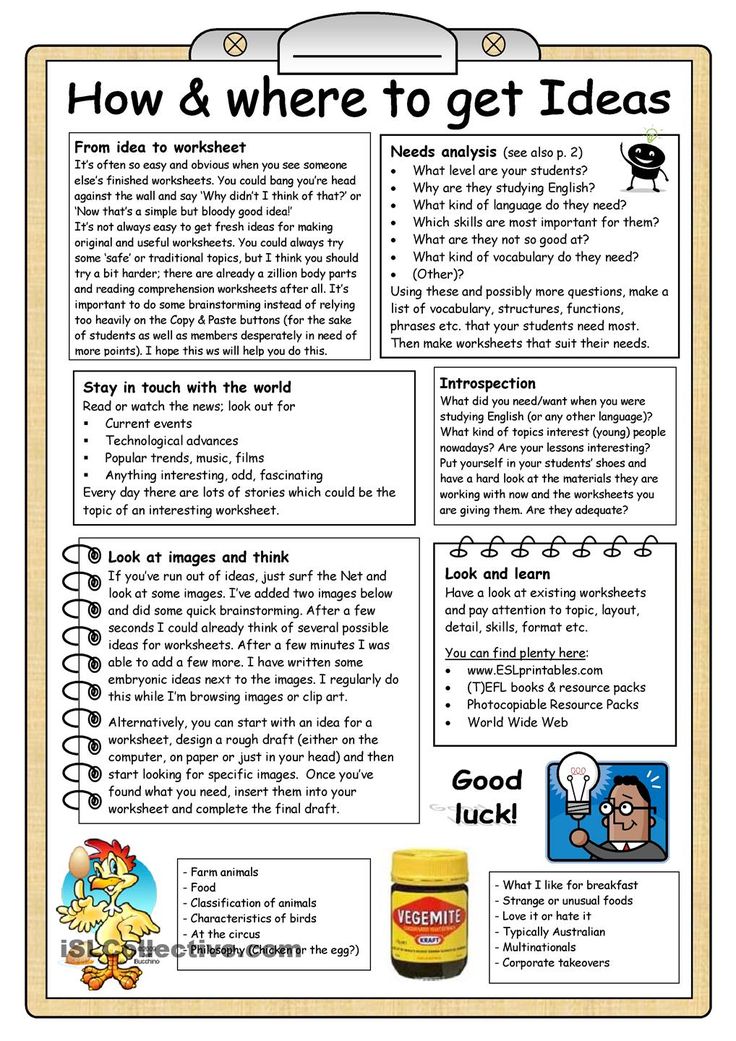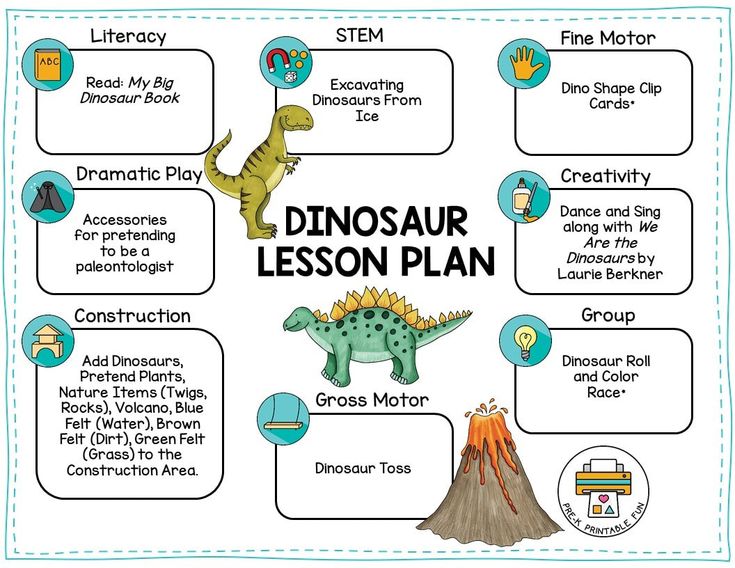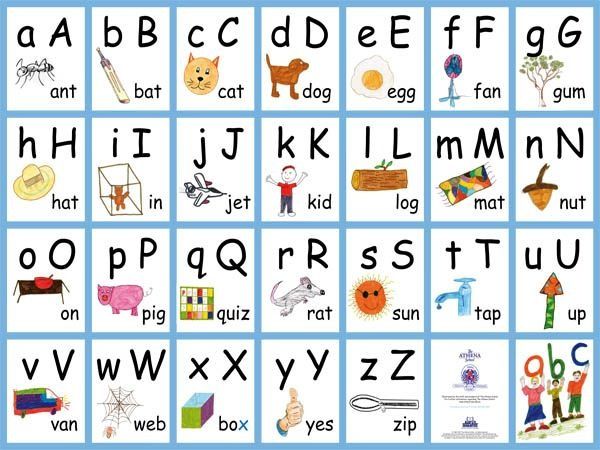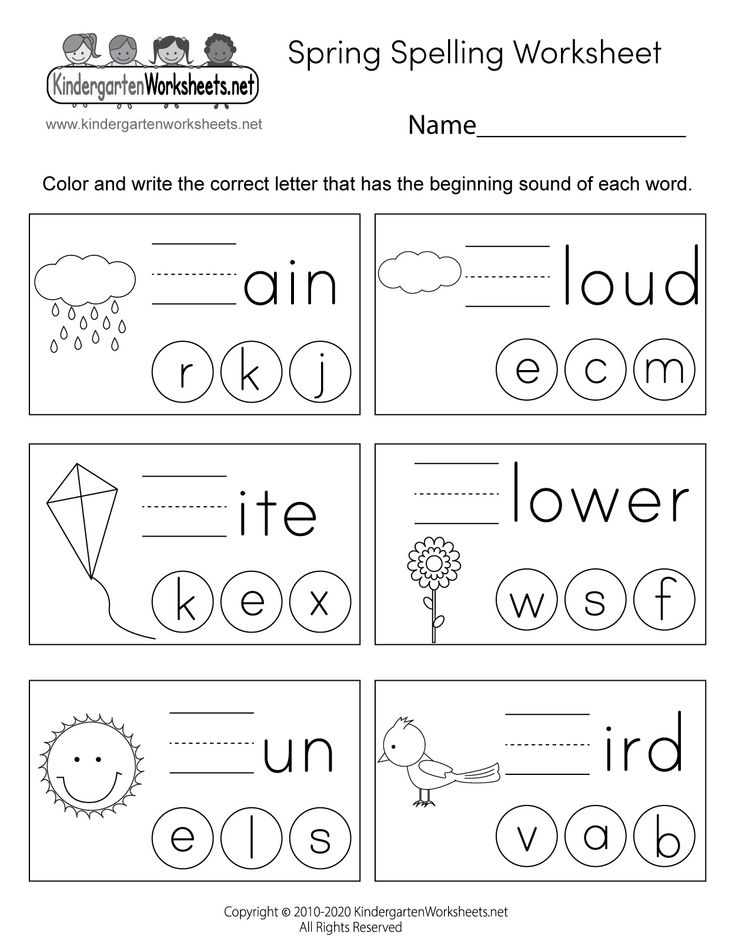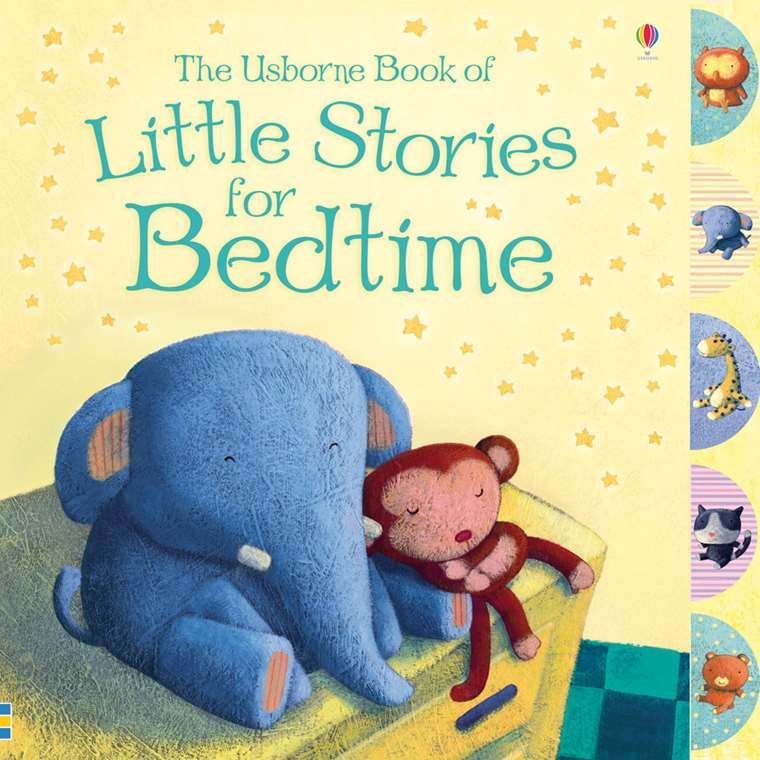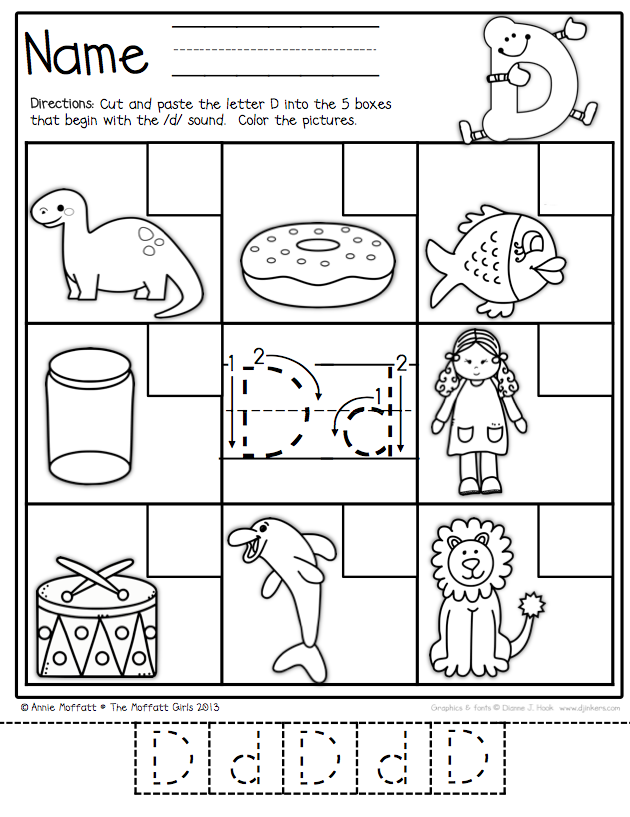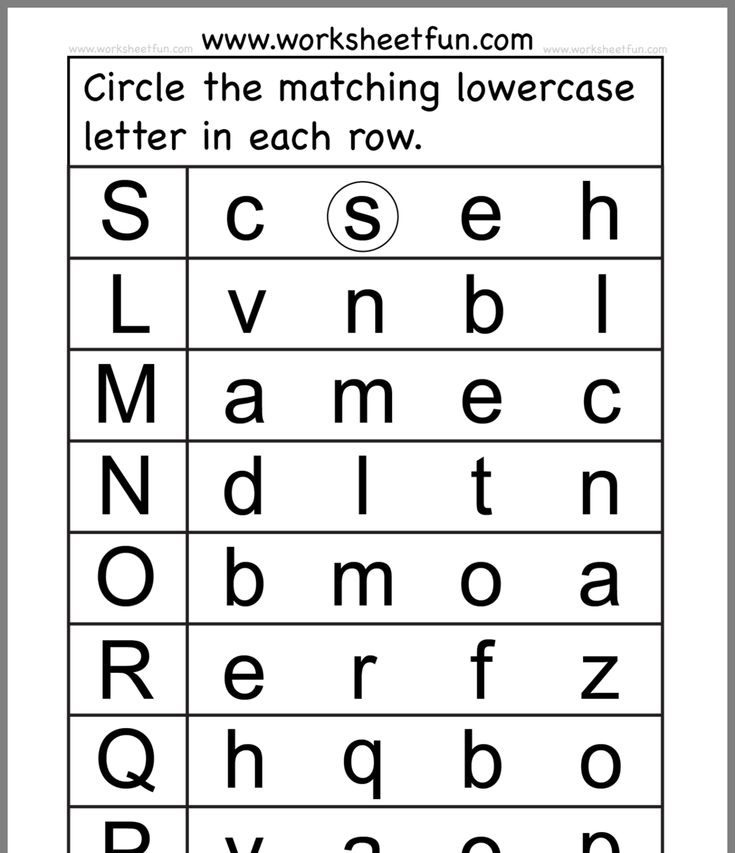Words that rhyme with here
beare, beer, bere, cheer, clear, dear...
Pure Rhymes – 159 rhymes
Words that have identical vowel-based rhyme sounds in the tonic syllable. Moreover, that tonic syllable must start with a different consonantal sound.
beare
beer
bere
cheer
clear
dear
deer
deere
ear
fear
fier
fleer
frere
gear
hear
jeer
kier
kir
mear
mere
mir
near
neer
peer
pier
queer
rear
sear
sere
shear
sheer
smear
sneer
spear
speir
sphere
stear
steer
tear
teer
veer
we're
wier
year
adhere
appear
austere
career
cashier
emir
frontier
premier
premiere
rehear
revere
severe
sincere
unclear
veneer
uprear
auctioneer
bandolier
brigadier
budgeteer
cavalier
chandelier
chevalier
commandeer
disappear
domineer
engineer
financier
financiere
gondolier
insincere
interfere
marketeer
mutineer
overhear
pamphleteer
persevere
pioneer
profiteer
racketeer
reappear
souvenir
summiteer
volunteer
wagoneer
lithosphere
conventioneer
electioneer
reengineer
bioengineer
Amir
Belvedere
Bombardier
Charpentier
Dornier
Frear
Geer
Gere
Greer
Lanier
Lazear
Lear
Meir
NIR
Pelletier
Puryear
Rainier
Rensselaer
Safier
Schear
Scheer
Shamir
Shere
Speer
Steere
Vere
Wazir
Zaire
Bronx cheer
- small beer
- Bronx cheer
- coast is clear
- in the clear
- into the clear
- see one's way clear
- oh dear
- bug in one's ear
- by ear
- flea in one's ear
- give a thick ear
- have one's ear
- lend an ear
- play by ear
- play it by ear
- put a flea in one's ear
- roasting ear
- tin ear
- turn a deaf ear
- you can't make a silk purse out of a sow's ear
- for fear
- get one's rear in gear
- high gear
- in high gear
- out of gear
- slip a gear
- throw out of gear
- so i hear
- anywhere near
- draw near
- far and near
- nowhere near
- bring up the rear
- bum steer
- wear and tear
- leap year
End Rhymes – 28 rhymes
Words that have a pure rhyme on their last syllable only.
headgear
cashmere
uprear
midyear
reindeer
yesteryear
hemisphere
stratosphere
atmosphere
mountaineer
biosphere
acyclovir
Brashear
Goodyear
Blackshear
Kashmir
Ellesmere
Kinnear
Vermeer
Landwehr
Nyerere
Meyerbeer
Elsevier
Retrovir
Belvidere
Lincolnshire
Vladimir
Asthenosphere
Near Rhymes – 136 rhymes
Words that "almost" rhyme on the vowel-based rhyme sound of the stressed syllable like: be/eat or maybe/shapely.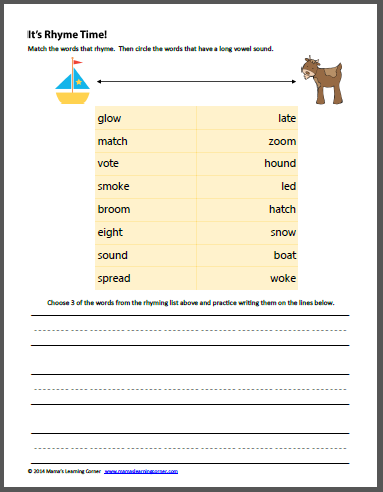
Beirne
Byrn
Ierne
fierce
pierce
Bierce
Pearce
Peirce
beard
cheered
cleared
eared
feared
geared
jeered
neared
peered
reared
seared
sheared
smeared
sneered
steered
veered
weird
adhered
appeared
cashiered
premiered
revered
commandeered
disappeared
interfered
persevered
pioneered
reappeared
volunteered
bioengineered
Sheard
- laugh in one's beard
- dog eared
- jug eared
"Go Pro" to see the next 2 near rhyme sets.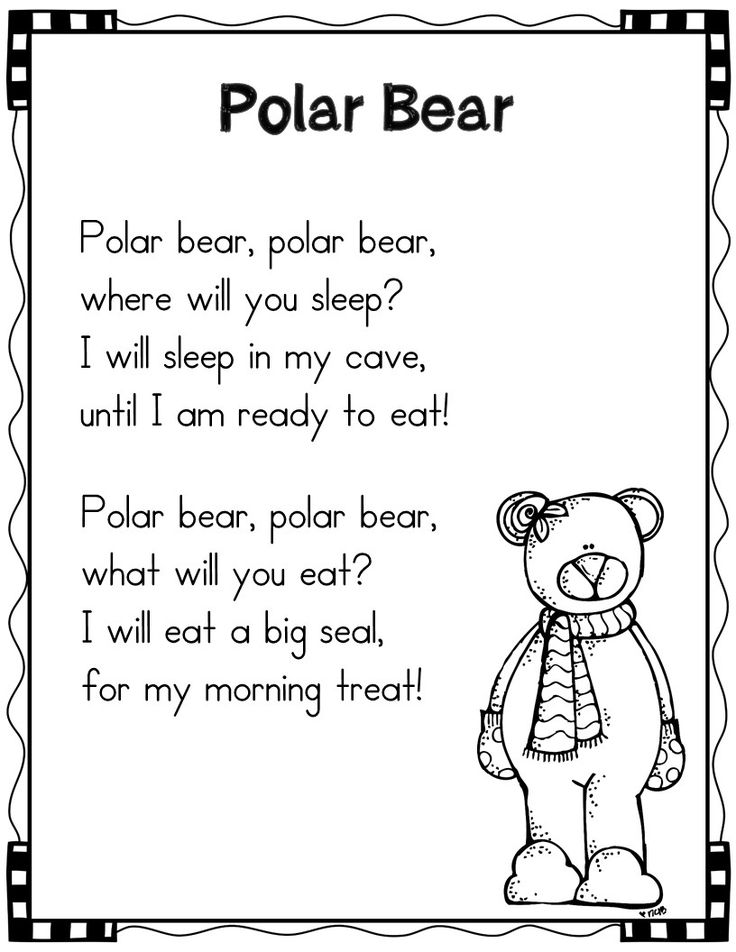
Click here to "Go Pro"
Mosaic Rhymes
Rhymes made up of more than one word. For instance, "jealous" and "tell us" or "shaky" and "make me."
One-syllable words do not have mosaic rhymes.
Words That Rhyme With "Here"
Rhymes | Synonyms
include near rhymes
Filter Resultsshow rare words
show proper nouns
show consonances
All|Nouns|Verbs|Adjectives|Adverbs
1 syllable:
beer, bier, blear, cere, cheer, clear, dear, deer, Deere, dere, dier, drear, ear, fear, fere, fiar, fleer, freer, gear, gier, hear, heer, jeer, kier, kir, Lear, leer, Lir, Meir, mere, mir, near, neer, peer, pier, queer, rear, sear, seer, sere, shear, sheer, skier, smear, sneer, spear, speer, speir, sphere, stear, steer, sweer, tier, Tyr, veer, we're, weer, weir, year
2 syllables:
adhere, ameer, amir, anear, appear, arrear, Asir, austere, besmear, brevier, career, cashier, chimere, clavier, cohere, compeer, denier, Desir, emeer, emir, endear, ensphere, fakeer, fakir, faqir, frontier, inhere, insphere, Izmir, klavier, Lanier, laveer, maftir, mateer, Melchior, mishear, mynheer, oneyear, pickeer, plancier, premier, premiere, rainier, rehear, revere, revers, sameer, Sapir, severe, Shamir, sightseer, sincere, Tangier, unclear, unsphere, uprear, veneer, vizier, wazir, zaire
3 syllables:
Abukir, auctioneer, balladeer, bandolier, belvedere, bombardier, brigadeer, brigadier, buccaneer, budgeteer, cameleer, cannoneer, carbineer, cavalier, chandelier, chevalier, chiffonier, commandeer, compotier, crotcheteer, cuirassier, disappear, domineer, engineer, eyeleteer, fictioneer, financier, financiere, fusilier, gadgeteer, garreteer, gasolier, gazetteer, gondolier, grenadier, hackbuteer, halberdier, insincere, interfere, junketeer, lavaliere, marketeer, megathere, muffineer, muleteer, multiyear, musketeer, mutineer, overdear, overhear, overseer, pamphleteer, pelletier, persevere, pioneer, plumassier, pontoneer, privateer, profiteer, pulpiteer, puppeteer, racketeer, reappear, rocketeer, routineer, sloganeer, sonneteer, souvenir, stockateer, summiteer, targeteer, volunteer, weaponeer
4 syllables:
boulevardier, carabineer, charioteer, conventioneer, electioneer, electrolier, gonfalonier, Guadalquivir, harquebusier, imagineer, reengineer
5 syllables:
bioengineer
Rhyme selection for the word
Rifma-rifma.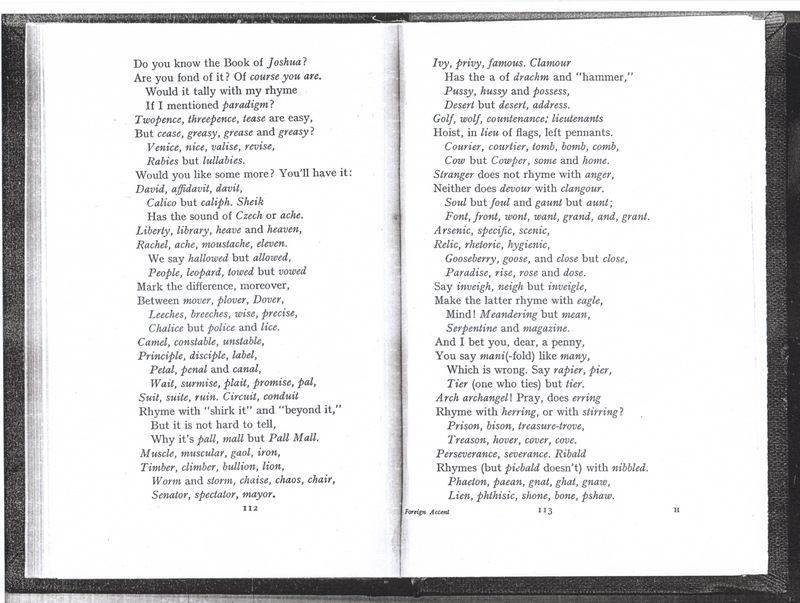 ru is a large free dictionary of Russian rhymes.
ru is a large free dictionary of Russian rhymes.
Find out rhymes for a word by letter:
A B IN G D E Yo AND W AND Y TO L M H ABOUT P R WITH T At F X C H W SCH S E YU I
Rhymes in syllabo-tonic versification
It is widely believed that creating a poem is easy: just choose rhymes. This is one of the most ignorant misconceptions, since the poet's toolkit consists not only of rhyme, but of poetic meter, sound writing, figures of speech and tropes, not to mention the methods of constructing the plot of a poem and other syntactic phenomena (for example, caesura).
You should immediately pay attention: rhyme, as well as the size, is not an obligatory element of a poetic text, which is exemplified by blank verses and free verse. Nevertheless, it is especially characteristic for Russian folklore, where it has been used and is used to this day in the form, as a rule, of verbal consonances: came - found. It was the folklore origin of the Russian-language rhyme that determined its further distribution in the poetic work of our compatriots.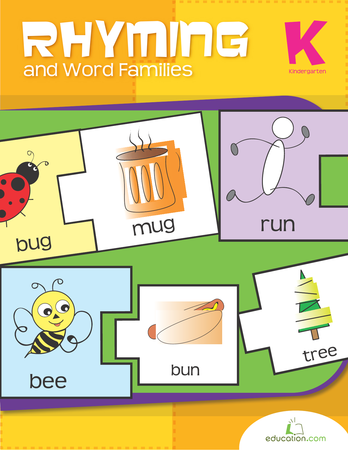
It should also be noted that rhyme is inherent primarily in poetic works, which include even rhymed advertising slogans and texts of such popular rap artists. Now it is precisely in poetry that it has become fixed almost as an inevitable element of verse. Previously, consonances were used even in political and scientific tracts - to bring enthusiasm to the style and highlight especially important parts of the text.
What is called rhyme
Rhyme is used to denote consonance in words; usually at the end of a word. A classic example of rhyme, which is common in the minds of ordinary people, is a clause - the last stressed syllable in a line, followed by all unstressed syllables and consonants. For example: customize - bark ; here the stress in both words falls on the penultimate syllable, so the rhyme will be in clause -yaem - -ayem.
So, rhyme is consonance. But does it have to be at the end of a verse (a verse, roughly speaking, is one line of a poem)? And can a pair of mute - yoke and (Brodsky) be considered a rhyme? It will be possible to talk about this after delving into the nature of consonance, but first you need to familiarize yourself with its basics.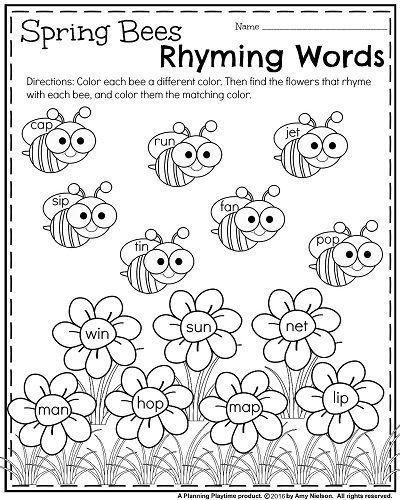
Basic types of rhyme
The principal classification of clauses in versification is based on the place where they are stressed:
- Male rhyme. The emphasis falls on the very last syllable in the verse: socks - sands.
- Feminine rhyme. The emphasis is placed on the penultimate syllable of the clause: important - twice . In the 18th century, when Russian versification was born and underwent rapid development, it was believed that it was female rhyme that could express all the beauty of the Russian language. Already 19The th century completely refuted this assertion, and the modernists left no basis for it at all.
- Dactylic rhyme. Here, the intonational accent is on the third syllable from the end of the clause: cash - excellent for them (this is a compound clause - a complicated version of an ordinary one; more on that below).
- Hyperdactylic.
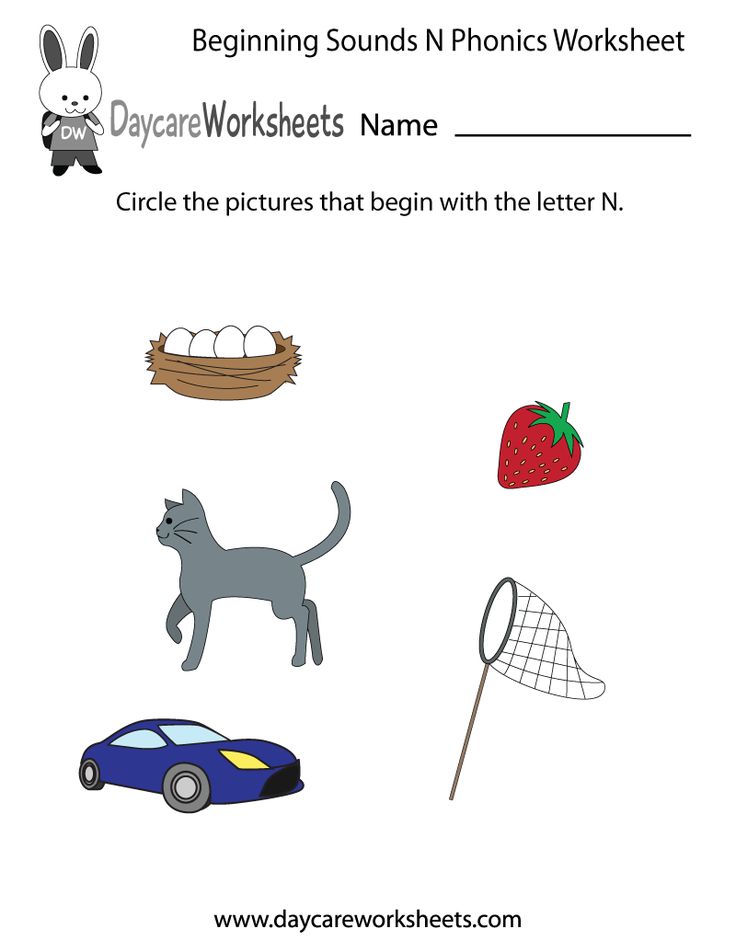 The stress, respectively, falls on the fourth syllable from the end. This clause is very rarely used in poetry, since such words are not only difficult for the author to choose for the poem, but also difficult for the reader to pronounce. They are presented in a relatively large number in the poetry of V. Bryusov. An example, albeit a banal one: slingers - riveters.
The stress, respectively, falls on the fourth syllable from the end. This clause is very rarely used in poetry, since such words are not only difficult for the author to choose for the poem, but also difficult for the reader to pronounce. They are presented in a relatively large number in the poetry of V. Bryusov. An example, albeit a banal one: slingers - riveters.
In the Russian system of versification, stress can be placed up to the ninth syllable from the end of a word. Such rhymes are not used anywhere, but the term for them still exists - superhyperdactylic clauses - this is how it is customary to call all types of rhymes that come after hyperdactylic ones.
The sound and feeling of rhyme
Since rhyme is primarily a musical phenomenon, it should be perceived only by ear. It is for this reason that a great poet has a good ear. This is already a somewhat in-depth understanding of consonance: so what is the difference between the above-described pair mute - yoke and from, say, a pair of snow - bliss ?
There is also a separate classification for the sound characteristics of rhyme.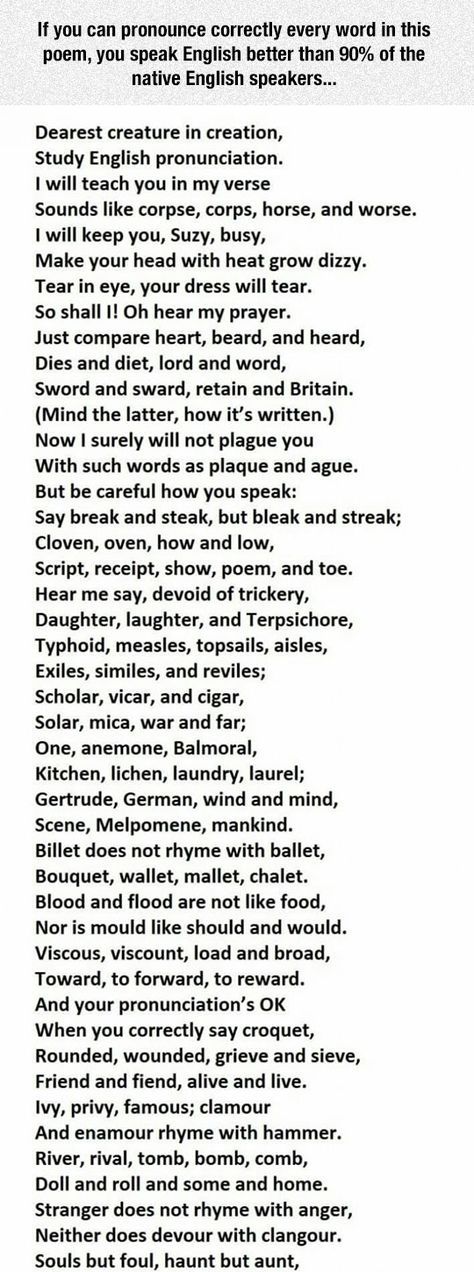 It is important to note that each example of consonance is incredibly individual. Words are difficult to categorize, and there can be quite a lot of controversial points when analyzing the sound of a rhyme in a certain poem.
It is important to note that each example of consonance is incredibly individual. Words are difficult to categorize, and there can be quite a lot of controversial points when analyzing the sound of a rhyme in a certain poem.
- Rich clause. Not only the stressed syllable matches, but also the syllables after and/or before it. The role of even consonant sounds is important here (namely, sounds, not letters, since the latter do not sound at all, but the first ones are perceived by ear): line - verst ; in this example, the sounds of the second word are diluted with the consonant "s", which is why this consonance can be called rich only due to the coincidence of both syllables. This group includes the second presented pair: snow - bliss.
- Poor clause. This group is characterized by the coincidence of only the stressed syllable. This includes the first pair: mute - yoke and , since only the stressed syllable matches, and the syllables before and after it are expressed by different sounds.
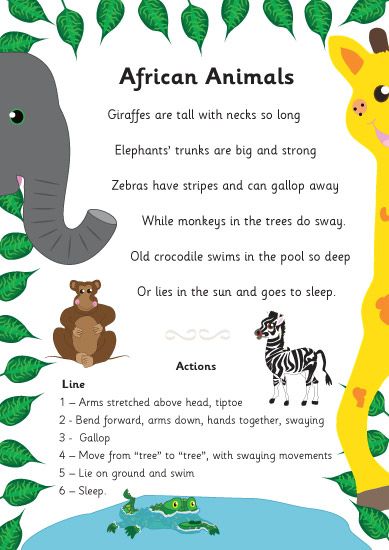 These clauses significantly increase the space for the author's stylistic and plot maneuvers, since such rhymes can be picked up much more than rich ones. Another plus of this group of consonances is the originality of the sound of a well-chosen inaccurate rhyme, which is fresh for the ears of even a sophisticated reader and critic: aiming - Venezuela e (Mayakovsky).
These clauses significantly increase the space for the author's stylistic and plot maneuvers, since such rhymes can be picked up much more than rich ones. Another plus of this group of consonances is the originality of the sound of a well-chosen inaccurate rhyme, which is fresh for the ears of even a sophisticated reader and critic: aiming - Venezuela e (Mayakovsky). - Exact consonance. A common type of sound in the 19th century. Rhymes with exact consonance should be as similar as possible to each other both in stressed syllables and in supporting ones. Most of the rich clauses are immediate and precise. Example: dollars - walked.
- Inaccurate consonance . This category of consonances began to supplant the exact rhymes that were the standard of versification of the 19th century, in the era of modernism in literature - in the 20th century. This group of clauses is especially vividly represented in the works of V.
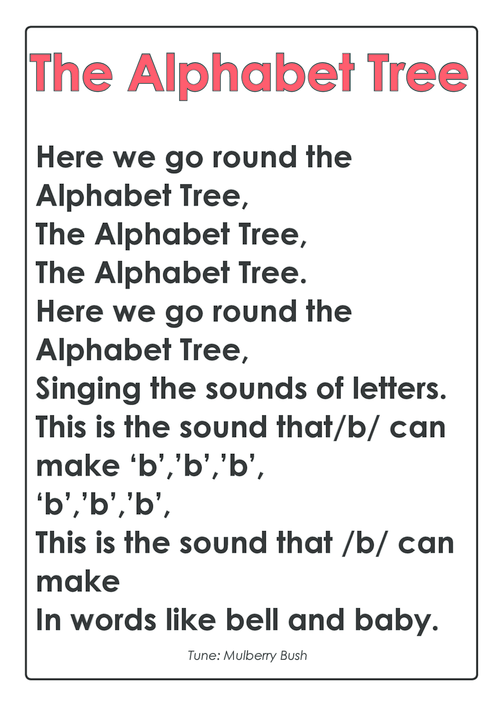 Mayakovsky (with his favorite compound rhymes): paper I am magic, the wick flies, the tariff is rhyme . With poor pronunciation or not very sensitive hearing, these consonances may not be noticed at all, but if the author skillfully uses inaccurate rhymes, then his poetry will be enriched with unusual sounds.
Mayakovsky (with his favorite compound rhymes): paper I am magic, the wick flies, the tariff is rhyme . With poor pronunciation or not very sensitive hearing, these consonances may not be noticed at all, but if the author skillfully uses inaccurate rhymes, then his poetry will be enriched with unusual sounds.
Clausal scheme and rhymes in solid forms
Surely every reader remembers at least some quatrains from the school literature curriculum. But far fewer of them know that the quatrain is a classic solid poetic form - a quatrain:
Staring deeply at the stone,
The artist saw the nymph in him,
And a flame ran through the veins,
And his heart flew to her.
(Baratynsky)
The clause scheme - which line rhymes with which - in the quatrain can be presented in three variations, which became the most common arrangement of consonances in the world poetry of the 19th-20th century.
- Cross rhyming.
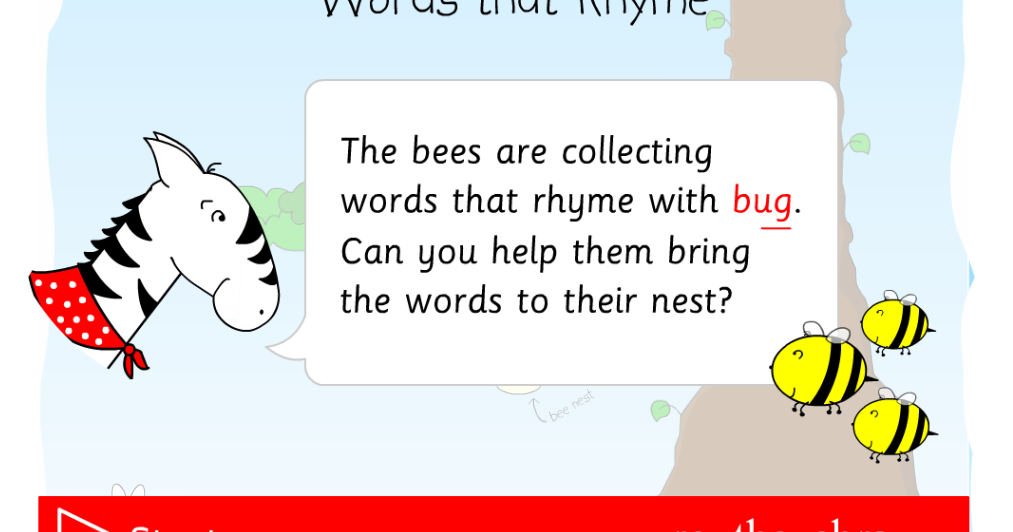 Scheme: abab (the same letters denote the same clause): stone - sight - flame - flew . This type of arrangement of clauses can be called the most popular among both beginner poets (because of the ease of compilation) and venerable authors (because of their adherence to classical forms).
Scheme: abab (the same letters denote the same clause): stone - sight - flame - flew . This type of arrangement of clauses can be called the most popular among both beginner poets (because of the ease of compilation) and venerable authors (because of their adherence to classical forms). - Paired rhyming. Schematic: aabb: stone - flame - sight - flew. The rarest type of arrangement of clauses from all three presented, since there is no distance between verses where one or more rhymes can be inserted. But for long verses (lines) this is the most suitable scheme.
- Encircling rhyme . Scheme: abba: stone - sighted - flew - flame . This scheme requires the author to already have a certain level of skill and a good ear, since the first rhyme can be lost after two lines with a different clause, so the poet needs to say it out loud several times.
The Onegin stanza, also known to everyone from school, is also a solid poetic form. The solidity of the form lies in the fact that it has its own clausal scheme, and sometimes even requires the use of a certain meter (as with a classic Italian sonnet or Alexandrian verse). The Onegin stanza is subjected by the author to a strict arrangement of clauses, the scheme of which is as follows (It is customary to denote female rhymes in capital letters, male rhymes in lower case): AbAb CCdd EffE gg.
The solidity of the form lies in the fact that it has its own clausal scheme, and sometimes even requires the use of a certain meter (as with a classic Italian sonnet or Alexandrian verse). The Onegin stanza is subjected by the author to a strict arrangement of clauses, the scheme of which is as follows (It is customary to denote female rhymes in capital letters, male rhymes in lower case): AbAb CCdd EffE gg.
The poet, based on his experience, level of language proficiency and stylistic devices, poetic meters, tropes and figures of speech, can vary several types of rhymes even within the same work, without being limited within a certain fixed meter, and even come up with his own.
Some other types of rhyme
Having accumulated both theoretical and practical knowledge about the main types of clauses and how to place them in a poem, the poet can improve his knowledge of poetic language by starting to use the types of consonance described below.
- Compound rhymes.
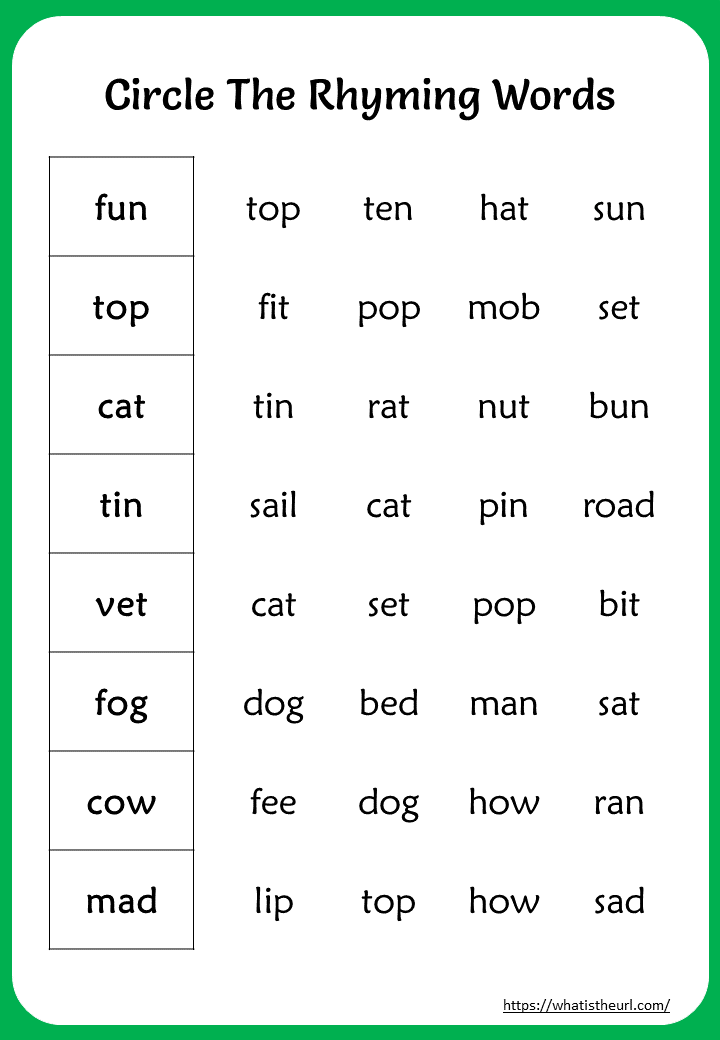 Such a favorite type of consonance by Vladimir Mayakovsky is deservedly considered one of the most original ways of rhyming, since it combines different parts of speech: for example, a particle and an adverb: molasses - again (Brodsky).
Such a favorite type of consonance by Vladimir Mayakovsky is deservedly considered one of the most original ways of rhyming, since it combines different parts of speech: for example, a particle and an adverb: molasses - again (Brodsky). - Homonymous rhymes . For clauses, homonyms are used here - words with different meanings, but the same in pronunciation and spelling. Example: (in the ears) rock - (in fate) rock.
- Punning rhyme. The same, but instead of homonyms - puns. Example: the girls went to the garden at night, / As if de Sade wrote from them.
- Internal rhyme. This is already a radically new type of consonance, since it is not a clause - it does not complete the line, but is located approximately in its middle. It is important that with such an arrangement of consonance, the size is correctly built, otherwise the poem can simply be broken at the place of internal rhyme into one more line.
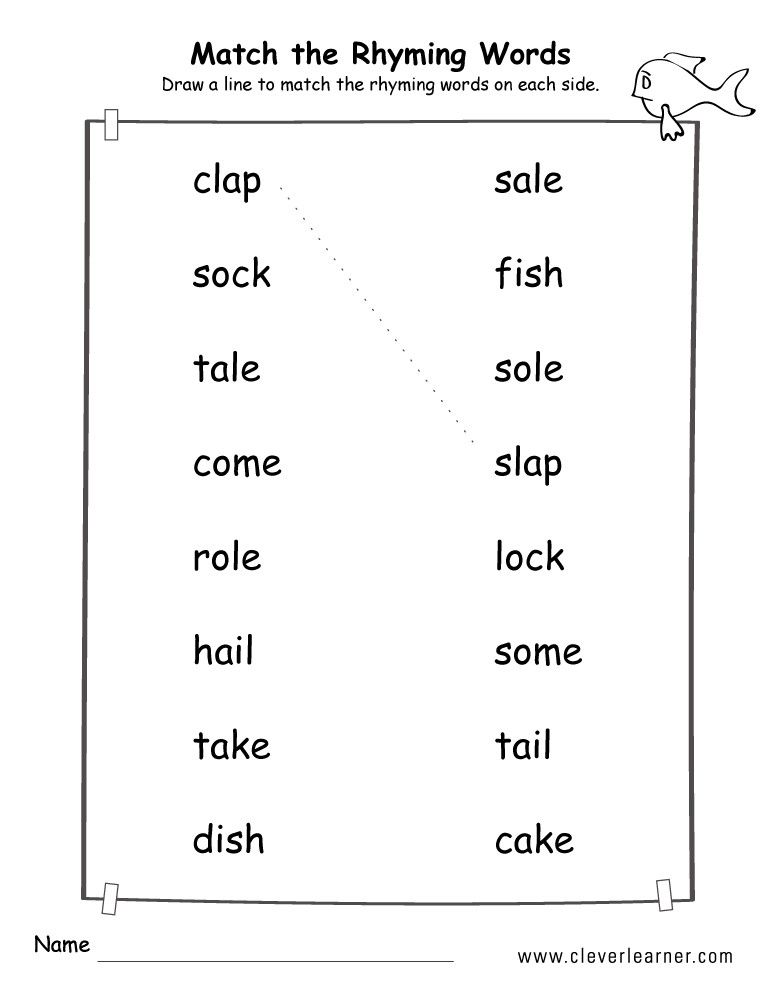 Example: over you, over a small river, / Over water, whose way is far... (Tvardovsky) In the example, the word "you" rhymes with "water".
Example: over you, over a small river, / Over water, whose way is far... (Tvardovsky) In the example, the word "you" rhymes with "water". - Double internal rhyme. In this variation of the above-described consonance, words in one line rhyme, and the clauses connecting different lines may be absent altogether, as in free verse or blank verse. For example: The last time you are at your table, the last time you returned to the house, / The last time the wife carries the cake, 9 is reflected across the glass0020 (Eugene Rein). In this example, there is no clause as such. But in these lines (also Yevgeny Rein) both the internal rhyme and the clause are already present: Under the dome the Savior in sandals and his robe curls, / The Savior who fed his contrite children.
- Echo rhyme . The line repeats some part of the clause of the line with which it rhymes, thereby creating an echo effect. For example: Hold on, Detroit of the world! / …Oh, you! (A.
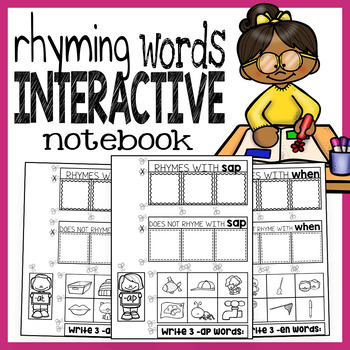 Bezymensky).
Bezymensky). - Pantorhyme . One of the most spectacular types of consonance, in which not the final parts of the verse (clauses) rhyme, but any number of words between (and within) two or more lines. In other words, with such consonance, the lines contain both internal and clause rhymes, which can be arranged in an absolutely non-standardized order. This rhyme is an element of combinatorial poetics and modernist trends in creativity, therefore, examples of pantorhyme cannot be found in classical works. However, it has become especially popular among rap artists, where you can find good examples: popped in for a visit, as to the south, but got stuck. / Let's keep quiet, since the language is volapuk, newspeak. (Volapyuk - rubbish; Newspeak - the official language of the ruling party in Orwell's novel "1984").
Tips for choosing rhymes
- It's better to avoid using verbs in clauses. Although Pushkin himself in "The House in Kolomna" went against this rule - he, however, is excusable, but the work of a novice author with verbal consonances can be considered bad taste.
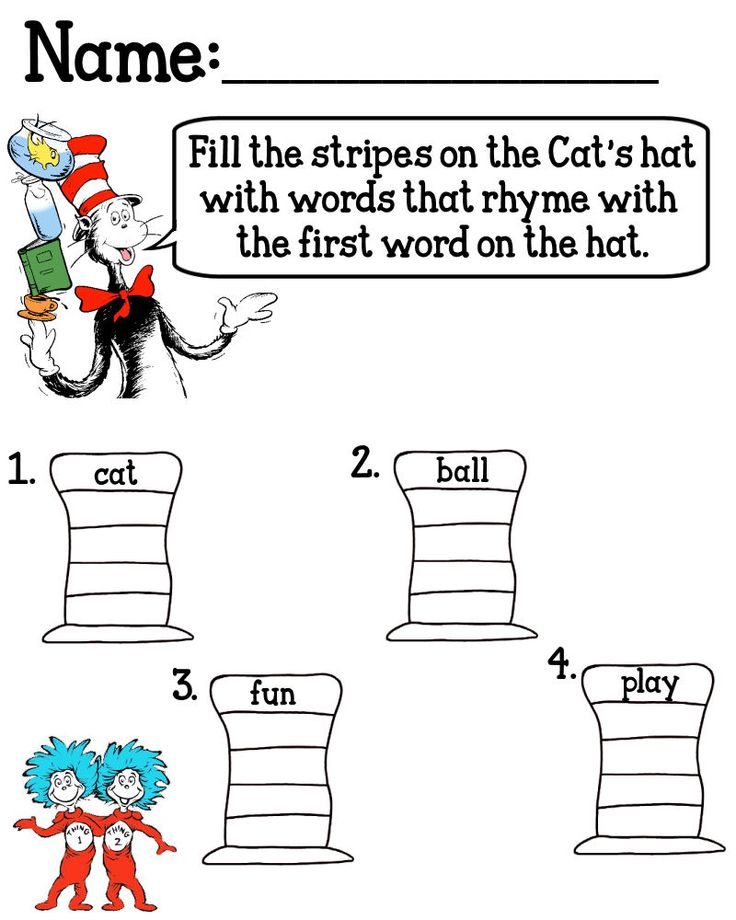
- Experiments with inaccurate, poor, composite, internal and pantorhythms are best begun after at least some sufficient experience in the use of classical forms, sizes and clauses has been obtained.
- For the correct selection of rhymes, the poet needs to say everything written aloud - not necessarily in public. If the clauses sound separately, but not in the line, then you can try to change the number of stops in the size, or even the entire size
Success in your work!
Online word rhyme generator
To find rhymes, enter the desired word and click the Match button. See a detailed video tutorial here.
You can search by names, fragments of words, and even by endings, specify the part of speech and select the number of syllables, to see the right word in the rhymes of Pushkin, Lermontov, Yesenin and Akhmatova!
1. Enter the word to which you need to find a rhyme
2. How to choose: Find rhyme in poets Pick from a dictionary
3.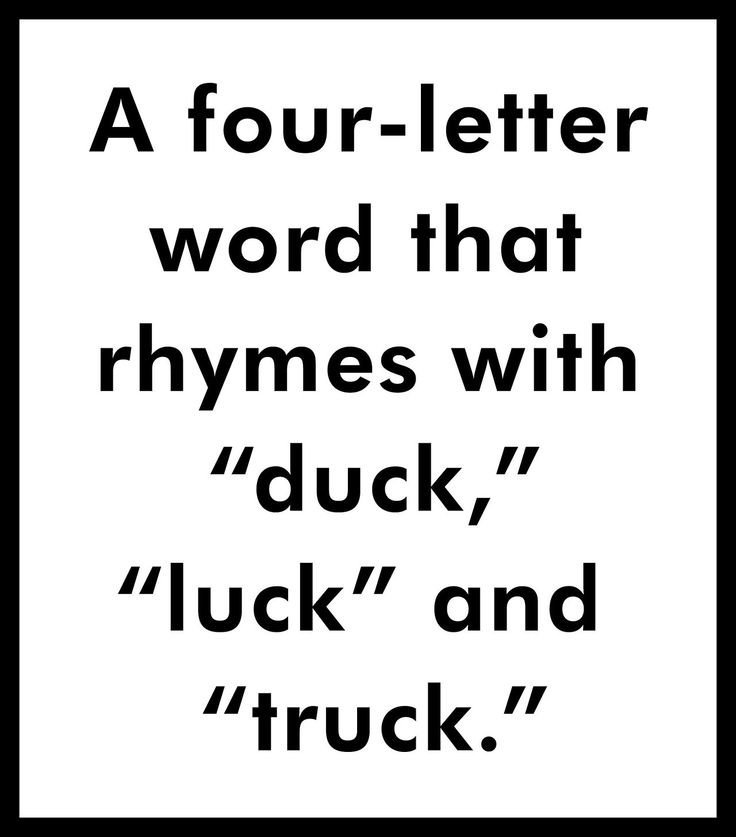 Choose the part of speech of the future rhyme (optional) any verb noun adjective adverb pronoun
Choose the part of speech of the future rhyme (optional) any verb noun adjective adverb pronoun
4. Choose the number of syllables in the future rhyme (optional) no matter23456
Bookmark the site by pressing the key combination Ctrl+D to quickly open the service in the browser in the future. Click here to share this page on social media.
Rhymes with 'verses'
✔ The best rhyming words for 'verses': strokes - spirits - quiet - sins - dashing - tops - dilapidated - dusty - dry - bad - deaf - workshops - suitors - husks - not bad - shepherds - roosters - nonsense ... Only 99 rhymes.
Machs
Mehi
psycho
sins
Quiets
Lugs
Czechs
Drash
Fears
038